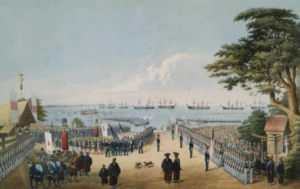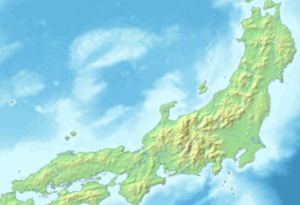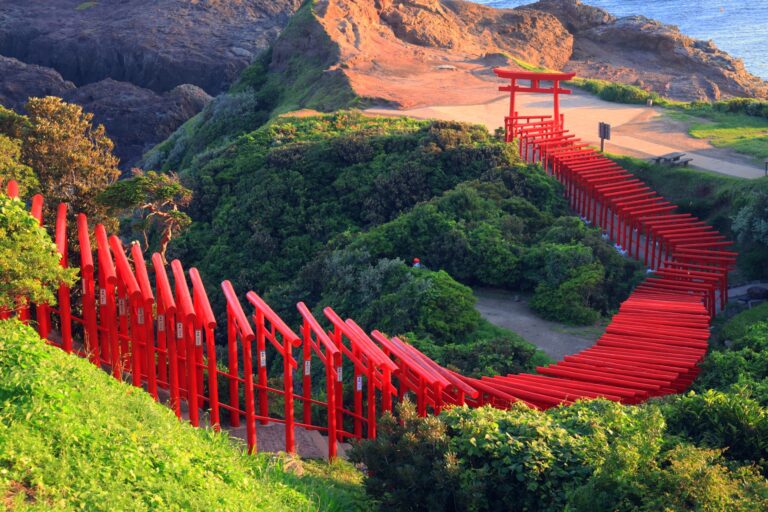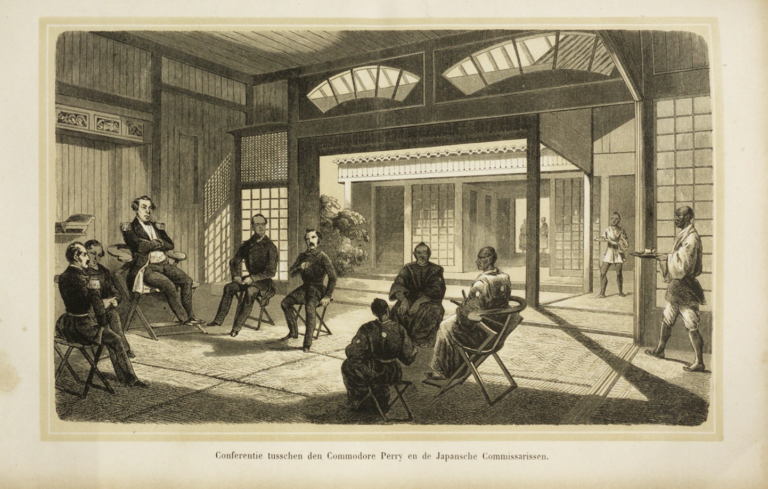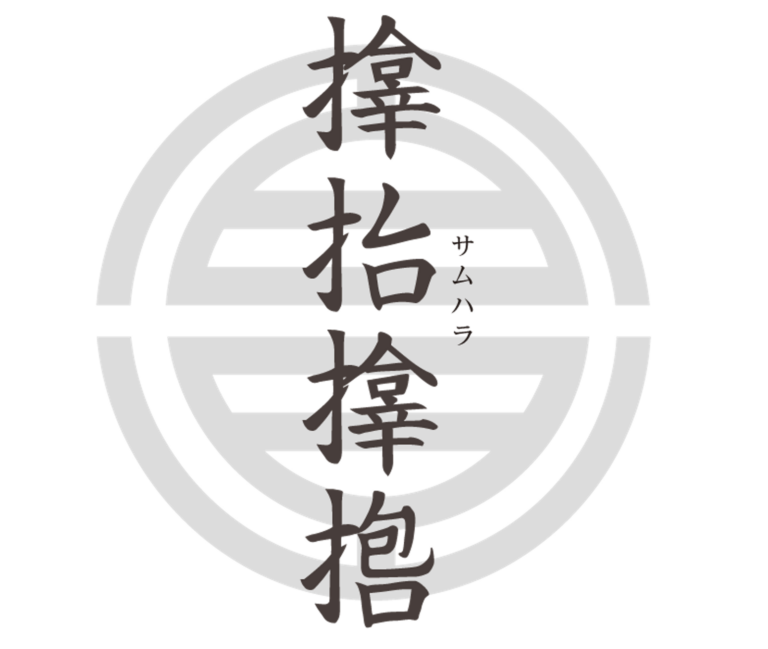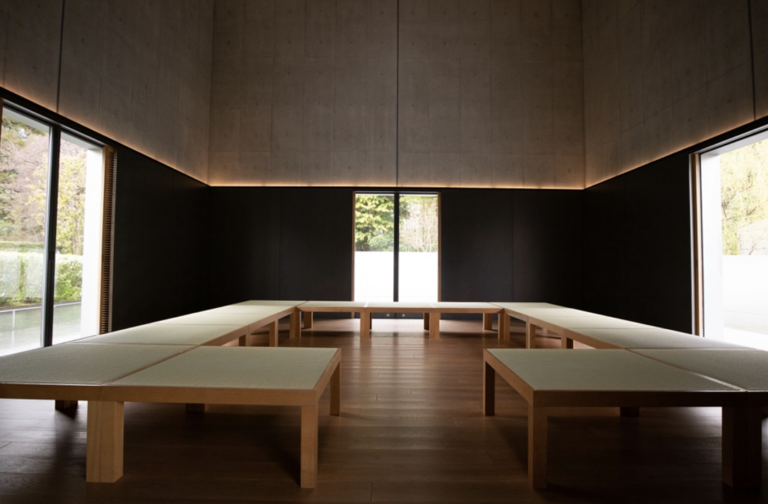Why was Japan never colonized?
Around the 19th century, Asia was being colonized by the West, but Japan was left untouched. Hong Kong remained under British sovereignty until 1997 and was a remnant of the huge empire that was China at the time, the Qing dynasty, where countries entered and ceded.
That was quite recently. How was Japan able to maintain its independence while most of Asia was in this situation?
In 1856, Great Britain was gathering for the Crimean War. Despite the difficulties of dealing with the postwar situation, the colonial policy continued, but priority was given to India and the Qing Dynasty, so there was not enough strength left to touch Japan.
France was also struggling to deal with the aftermath of the Crimean War.
In 1861, the US Civil War began, and the country was in turmoil.
One reason was that there was not enough reserve power to expand the area of new colonies.
The purpose of colonial policy is to secure markets, resources and food supplies. Japan has little flat land, and even if it were acquired it would not be usable and cost-effective.
This worked out well for Japan, but it comes as a shock to the Japanese when they are told that their country was undesirable.
Regime change with damage control
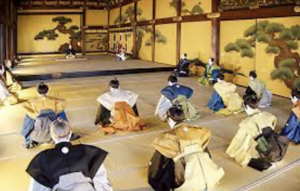
At that time, Japan was in the midst of a period of change, as the age of the samurai had ended, and the country was entering an era of modernization. It would be easy to gain control by attacking a country exhausted from domestic strife. Perhaps a balance could have been achieved in terms of cost-effectiveness.
Japan had been closed off from the rest of the world and had adopted a policy of seclusion, but it had just been forced by the U.S. to open its borders to the rest of the world, finally allowing the entry of other nations.
When the head of Japan, Yoshinobu Tokugawa, returned authority to the Emperor, he asked foreign countries to maintain a position of non-interference in Japan’s civil wars.
The result was a battle between the old and new government sides, but they quickly relinquished their authority to minimize the size of the battle, so the change of government could take place without much loss of national power.
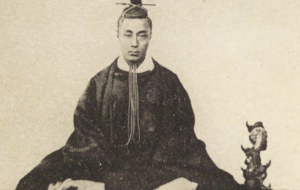
If Yoshinobu Tokugawa had been obsessed with power and fought, some countries may have attacked him in his weakened state.
Some say that he ran away without fighting, but isn’t it kind of cool to think that the last Shogun, the head of the Samurai, put aside his interests and protected Japan?
ABE KENGO


